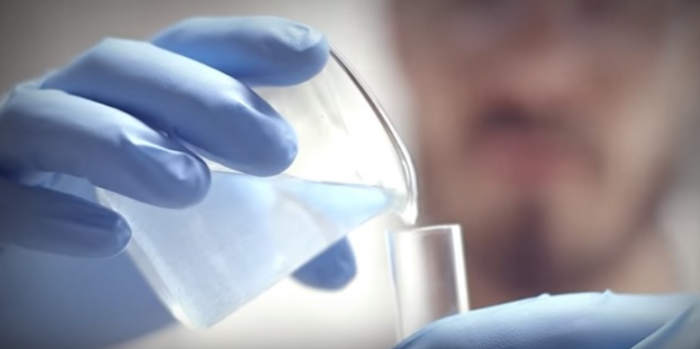The MethaShip project consortium presented its results in Hamburg. This project examined methanol as fuel for cruise ships and RoPax ferries. It concluded that methanol can indeed be used as a marine fuel and will actually be one with a future.
MethaShip is a national research project funded by the German Federal Ministry for Economic Affairs and Energy, and gathered several partners from the sectors of shipbuilding, classification, engine manufacturing and methanol production to investigate the potential of methanol as a fuel for cruise ships and RoRo passenger ferries. The project began in September 2014 and lasted 45 months.
[smlsubform prepend=”GET THE SAFETY4SEA IN YOUR INBOX!” showname=false emailtxt=”” emailholder=”Enter your email address” showsubmit=true submittxt=”Submit” jsthanks=false thankyou=”Thank you for subscribing to our mailing list”]
Its consortium consists of Flensburger Schiffbau-Gesellschaft, Lloyd’s Register, MEYER WERFT and the associated partners Caterpillar, MI member Helm AG and MAN Diesel & Turbo.
The central result of the project is that synthetic methanol is a fuel with a future which offers the potential for implementing an ambitious maritime climate protection strategy.
A few technical and financial details still need to be addressed until methanol can be used continuously in shipping. However, in the medium term a breakthrough could be possible with methanol as a fuel for all ships if success is achieved in implementing statutory framework conditions for the evaluation of CO2 emissions.
In addition, key findings of the project that make methanol a viable marine fuel, include the following:
- No potential of pressure build-up;
- Slow evaporation;
- Easy and safe spill mitigation (ventilation);
- Detection from 2 ppm onwards, which makes it ideal for preventive surveillance;
- Small hazardous zones;
- High auto-ignition temperature;
- High heat capacity.
These indicate that methanol is superior to fuels not naturally liquid, while it is not classified as ‘more dangerous’ than other fuels. In fact, it has better fire safety over gasoline. Moreover, in case of poisoning from methanol, the project said that the fuel promises an easy and reliable treatment with full recovery.
Finally, a key issue in the uptake of methanol is the fact that relevant infrastructure already exists, and it can be extended by adjusting the existing tanks. As a result, a world wide spread fleet could practically happen.






























































